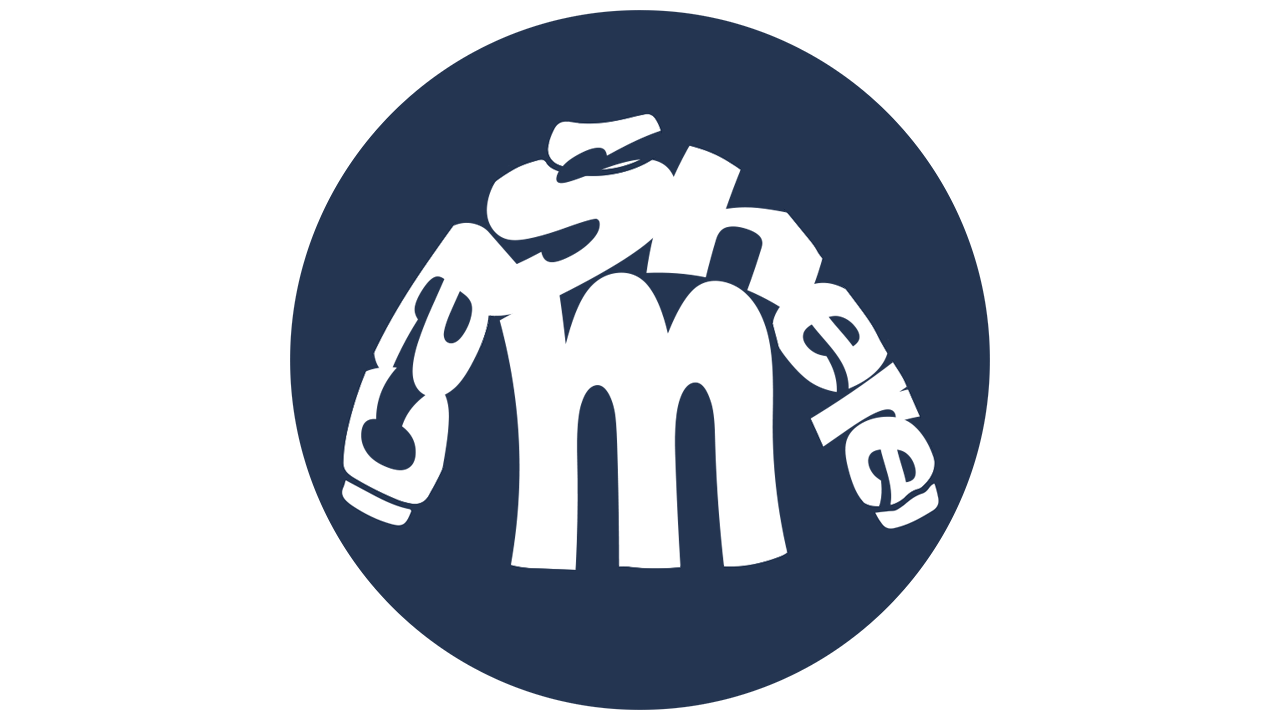Year end tax prep checklist
As the year comes to a close, it's time to shift our focus towards year-end tax preparation. Navigating through the complexities of tax compliance can be a daunting task, but with a well-organized approach, you can ensure a smoother process. Here's a comprehensive checklist to guide you through the crucial steps, and why considering a professional bookkeeper, such as Cash-mere Financial Limited, can make a significant difference.
1. Review Financial Records:
Start by reviewing your financial records for accuracy and completeness. This includes bank statements, invoices, receipts, and any other relevant documents. Ensure all transactions are accounted for, and resolve any discrepancies.
2. Update Accounting Software:
Make sure your accounting software is up-to-date with all transactions recorded. Reconcile your accounts to identify and address any discrepancies. This step is crucial for accurate financial reporting.
3. Organize Expense Documentation:
Gather and organize all receipts and documentation for business expenses. Categorize them appropriately to streamline the process of claiming deductions. Proper documentation is essential in case of an audit.
4. Assess Accounts Receivable and Payable:
Review outstanding invoices and payments. Follow up on overdue payments to improve cash flow. Additionally, evaluate any outstanding bills to ensure timely payments and take advantage of potential deductions.
5. Depreciation Review:
Review your fixed assets and assess their current value. Check for any assets that may be eligible for depreciation deductions. This can have a significant impact on reducing your taxable income.
6. Evaluate Employee Benefits:
If you have employees, review their benefits and ensure all necessary paperwork is in order. This includes health insurance, retirement plans, and any other employee-related tax considerations.
7. Charitable Contributions:
Review any charitable contributions made throughout the year. Ensure you have proper documentation for these donations, as they may be eligible for tax deductions.
8. Estimated Tax Payments:
If you are a business owner, review your estimated tax payments. Ensure that you have met your obligations throughout the year to avoid penalties and interest.
9. Consult with a Professional Bookkeeper:
Consider seeking the expertise of a professional bookkeeper to ensure a thorough and accurate year-end tax preparation process. Cash-mere Financial Limited, my bookkeeping firm, specializes in providing comprehensive financial services to businesses of all sizes.
